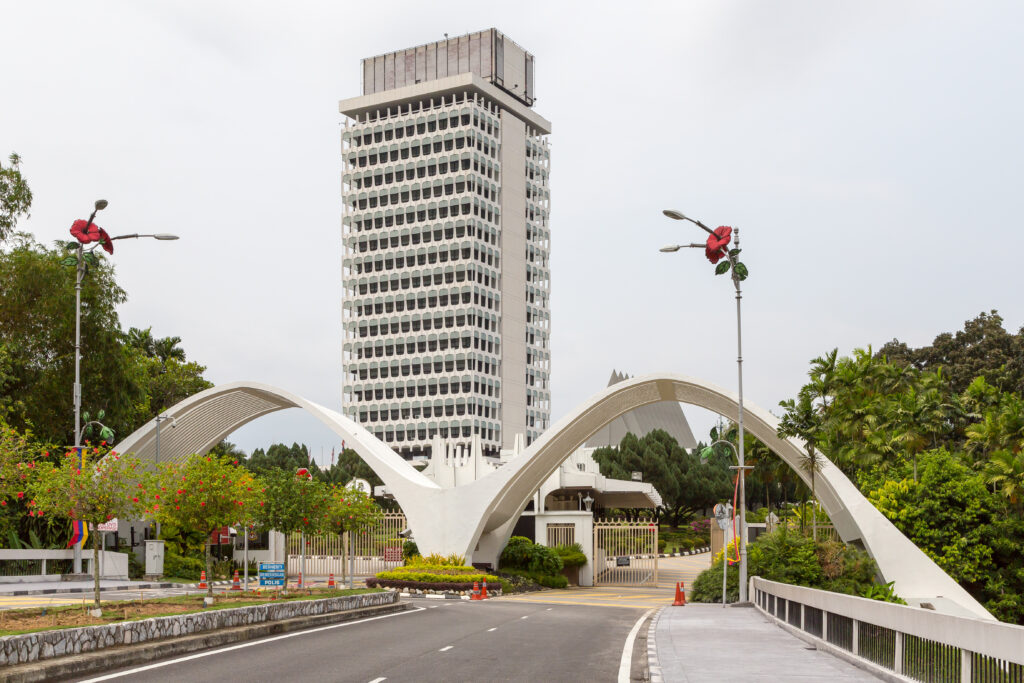Najib Razak’s downfall in 2018 was seen as Malaysia’s great reset. But with Sarawak rising, Sabah drifting, PAS gaining strength, and Madani struggling to win trust, the question lingers: has anything really changed?
When Barisan Nasional fell in May 2018, it was more than a political upset — it was the end of a six-decade status quo. Najib Razak, long seen by supporters as one of Malaysia’s most effective prime ministers, was painted as the face of the 1MDB scandal and punished at the ballot box.
But was it really so simple?
Najib trusted operatives like Jho Low and Nik Faisal, who today remain fugitives. It is a known fact that they and other colleagues siphoned funds on a massive scale. Despite the global reach of intelligence agencies, neither has been captured. If the CIA and FBI could track Osama bin Laden in a cave, why has the world been unable to locate Jho Low?
Najib And 1MDB – Part Of A Political Playbook
Many names surfaced during 1MDB and SRC trials, but not all were charged. The U.S. Department of Justice never indicted Najib directly, and Swiss authorities found no evidence tying him personally to the theft. To some, this selective pursuit feels less like justice and more like orchestration — the kind of political playbook powerful foreign interests have used elsewhere to bring governments down.
Of course, domestic factors mattered too: BN fatigue, a hungry opposition, younger urban voters, and a weak digital strategy. Yet the years since 2018 have shown the “new dawn” was short-lived. Instead, Malaysians have endured revolving-door prime ministers, unstable coalitions, and a politics of uncertainty.

The Opposition’s Fragile Unity
Pakatan Harapan’s victory in 2018 was due in large part to its unlikely coalition. Tun Dr. Mahathir Mohamad, returning as prime minister at age 92, stood alongside his former rival Anwar Ibrahim. But that unity was tactical, not durable. Within two years, the alliance collapsed, setting off the “Sheraton Move” and subsequent reshuffles that Malaysians are still grappling with today.
What was marketed as “rescue” ended up compounding the instability.
Fast Forward to Today
Seven years on, the political ground is still shifting:
- PAS and PN’s rise: PAS has consolidated its base, bringing Perikatan Nasional into contention in several states. Its growth reflects a deeper undercurrent of dissatisfaction with mainstream parties.
- East Malaysian divergence: Sarawak is charting its own path, with progress and stability giving it leverage to distance itself from federal squabbles. Sabah, in contrast, is caught in messy coalition politics and is bracing for an election that could reshape its balance of power.
- State elections ahead: As several states prepare for polls, the question is whether voters will double down on local parties, swing to PN, or stick with fragmented unity governments.
- The Madani trust deficit: Prime Minister Anwar Ibrahim’s administration faces a credibility gap. Policies are rolled out, but the narratives are poorly explained and fail to resonate with ordinary Malaysians. Without a stronger connection to the ground, Madani risks being seen as just another slogan.
The Bigger Question
If GE14 taught Malaysians anything, it is that perception drives politics. Najib fell less because of proven guilt than because of a sustained narrative of corruption and betrayal. Today, the same pattern looms: a government struggling to define itself, an opposition sharpening its messaging, and voters restless for leadership they can trust.

The story of Najib’s fall is not just about the past. It is a warning that in Malaysia, governments may fall not only because of what they do, but because of how effectively others tell the story. 2018 taught us that toppling a government is easy. Building a better one is the lesson we still haven’t learned. – NMH
Datin Hasnah is the co-founder and CEO of New Malaysia Herald based in Kuala Lumpur, Malaysia.
With an extensive background in mass communication and journalism, she works on building up New Malaysia Herald and it’s partner sites. A tireless and passionate evangalist, she champions autism studies and support groups.
Datin Hasnah is also the Editor in Chief of New Malaysia Herald.

Facebook Comments